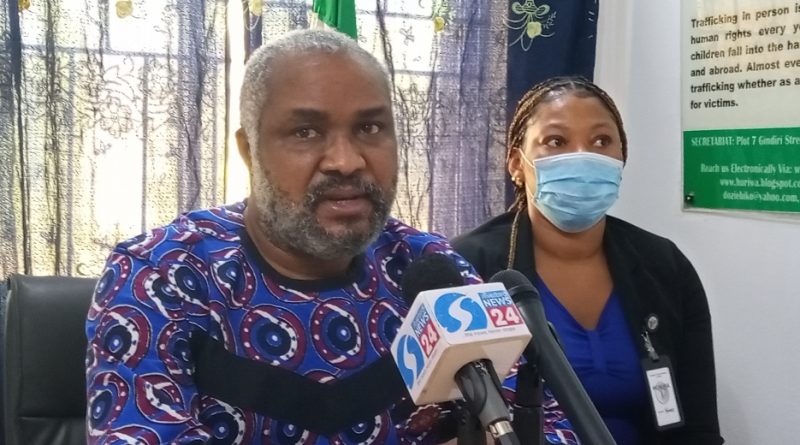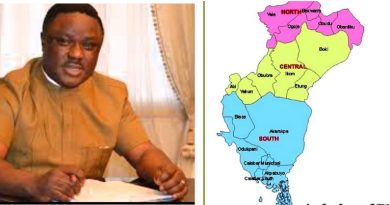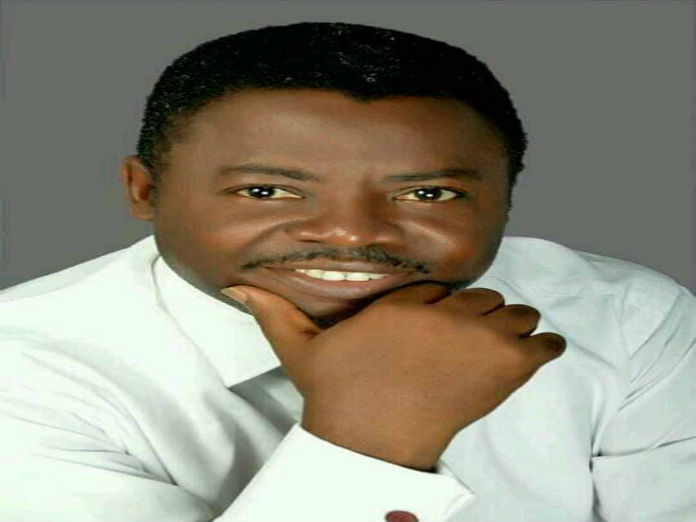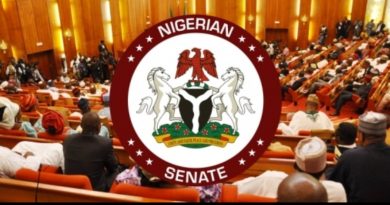GOVERNMENT IS HYPOCRITICAL ABOUT HUMAN RIGHTS, SAYS HURIWA
Oru Leonard
The prominent Civil Rights Advocacy Group:- HUMAN RIGHTS WRITERS ASSOCIATION OF NIGERIA (HURIWA), has accused President Muhammadu Buhari’s administration of mouthing her commitments towards promotion and protection of the Human Rights of the citizens but in actuality, the government has rapidly become the most notorious human rights abuser with cocktails of oppressive and suppressive tendencies amongst the policing institutions to emasculate human rights and ride roughshod on the constitutional freedoms of the citizens.
HURIWA said the clearest sign that President Muhammadu Buhari is not committed to the human rights obligations of the government towards the people is his continuous refusal to reconstitute the governing Council for the National Human Rights Commission for five years which makes all his claims to do all within his power to protect human rights and rule of law as hypocritical and spurious.
HURIWA lamented that cases of domestic violence, sexual violations of children and incessant applications of torture on suspects by the Police demonstrate that it is imperative that the National Human Rights commission must be clothed with the powers enshrined in the enabling Act for a group of distinguished commissioners to be constituted as the board of governors to independently provide the kind of leadership in the Rights Commission that will energize it to be much more committed practically to combat the rising cases of human rights abuses all over Nigeria.
“The president has on one hand made verbal commitment to allow for the transparent and accountable proceedings at the judicial panel set up by the National Human Rights Commission on the allegations of police brutality and gross Human Rights Violations by the members of the now defunct special anti- robbery squads of the Nigerian Police Force, but on the other hand president Buhari has for five years refused to reconstitute the governing council of the National Human Rights Commission which renders the entire media shows of running the Police brutality investigative panel transparently as a dramatic deceit at best and a political hypocrisy.”
HURIWA recalled that the NHRC (Amendment) Act, 2010 has conferred on the Commission additional independence and strengthened the Commission’s power with respect to promotion and protection of human rights, investigation of alleged violation of human rights and enforcement of decisions. The Amendment Act has also widened the scope of the Commission’s Mandate to include vetting of legislations at all levels to ensure their compliance with human rights norms.
Specifically, the NHRC is mandated to:
A. Deal with all matters relating to the promotion and protection of human rights as guaranteed by the Constitution of the Federal Republic of Nigeria, the United Nations Charter and the Universal Declaration on Human Rights, the International Convention on Civil and Political Rights, the International Convention on the Elimination of all forms of Racial Discrimination, the International Convention on Economic, Social and Cultural Rights, the Convention on the Elimination of all forms of Discrimination Against Women, the Convention on the Rights of the Child, the African Charter on Human and Peoples’ Rights and other international and regional instruments on human rights to which Nigeria is a party.
B. Monitor and investigate all alleged cases of human rights violations in Nigeria and make appropriate recommendation to the federal government for the prosecution and such other actions as it may deem expedient in each circumstance
C. Assist victims of human rights violations and seek appropriate redress and remedies on their behalf
D. Undertake studies on all matters pertaining to human rights and assist the Federal, State and Local Governments, where it considers it appropriate to do so, in the formulation of appropriate policies on the guarantee of human rights
E. Publish and submit from time to time to the President the National Assembly, the Judiciary, State and Local Governments, reports on the state of human rights promotion and protection in Nigeria
F. Organize local and international seminars, workshops and conferences on human rights issues for public enlightenment
G. Liaise and cooperate, in such a manner as it considers appropriate, with local and international organizations on human rights for the purpose of advancing the promotion and protection of human rights
H. Participate in such manner as it considers appropriate in all international activities relating to the promotion and protection of human rights
I. maintain a library, collect data and disseminate information and materials on human rights generally
J. Receive and investigate complaints concerning violations of human rights and make appropriate determination as may be deemed necessary in each circumstanc
K. Examine any exiting legislation, administrative provisions and propose bills or bye-laws for the purpose of ascertaining whether such enactment or proposed bill or bye-laws are consistent with human rights norms
L. Prepare and publish, in such a manner as the Commission considers appropriate, guidelines for avoidance of act or practice with respect to the functions and power of the Commission under this Act
M. Promote an understanding of public discussions of human rights issues in Nigeria
N. Undertake research and Education Programmes and such other programmes for promoting and protecting human rights and co-ordinate any such programme on behalf of the Federal, State or Local Government on its own initiatives or when so requested by the Federal, State or Local Government and reports concerning the enactment of Legislation on matters relating to human rights
O. On its own initiative or when requested by the Federal, State or Local Government, report on action that should be taken by the Federal, State or Local Government to comply with the provisions of any relevant international Human Rights Institutions
P. Refer any matter on human rights violation requiring prosecution to the Attorney General of the Federation or of a State as the case may be
Q. Where it considers it appropriate to do so, act as a conciliator between parties to a complaint; and
R. Carry out all such other function as are necessary or expedient for the performance of these functions under the Act.
HURIWA noted that the establishment of an independent body to oversee the investigation and prosecution of reported cases of police misconduct was one of the main demands of the #ENDSARS protesters.
HURIWA recalled that last year October, many Nigerian youths had taken to the streets in protest against police brutality and criminality. The protesters called for sweeping police reform. Heeding the calls of the protesters, state governments set up judicial panels to hear the cases of members of the public against police officers, including members of the now disbanded Special Anti-Robbery Squad (SARS). Ogun, Delta, Lagos, Nasarawa, Ondo, Anambra, Plateau, Edo, Imo, Enugu, and Kaduna are some of the states where the panels are sitting.
HURIWA through the National Coordinator Comrade Emmanuel Onwubiko and the National Media Affairs Director Miss Zainab Yusuf, recalled that the National Human Rights commission management set up a panel on the accusations of police brutality headed by a retired Supreme Court of Nigeria Justice, Suleiman.
However, the Rights group said the sessions of the panel are cosmetic and mere media showmanship and drama as long as the legally mandated Governing Board of the National Human Rights commission has yet to be reconstitute since the last five years that the last Council’s tenure expired.
HURIWA said the Federal government of President Muhammadu Buhari is promoting impunity into a statecraft by refusing to set up the governing Council of the National Human Rights commission which the enabling Act unambiguously provided for.




